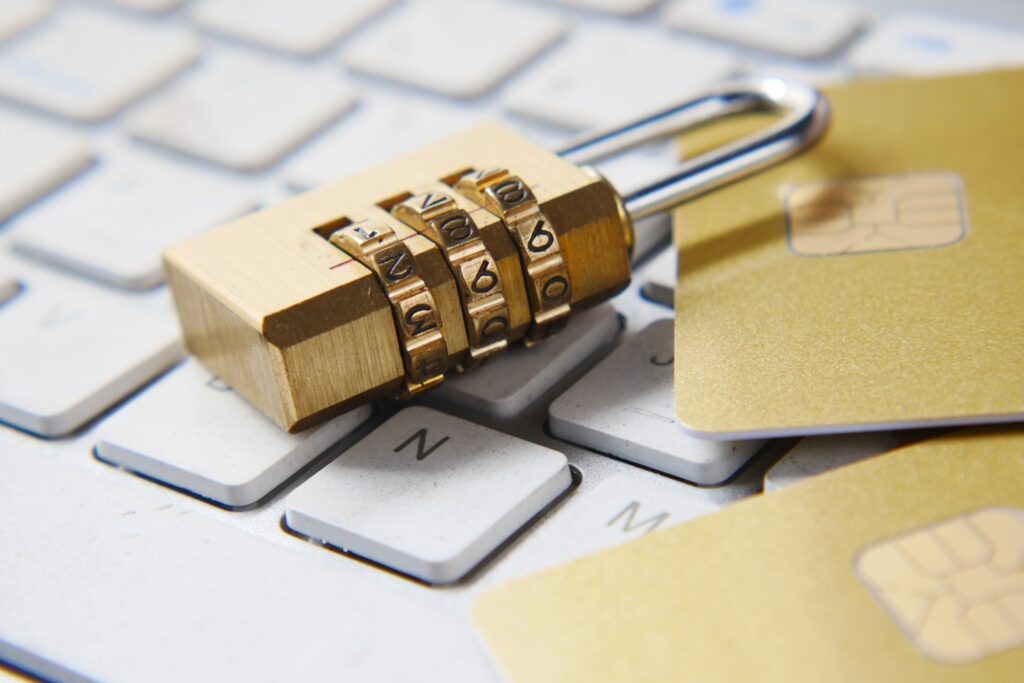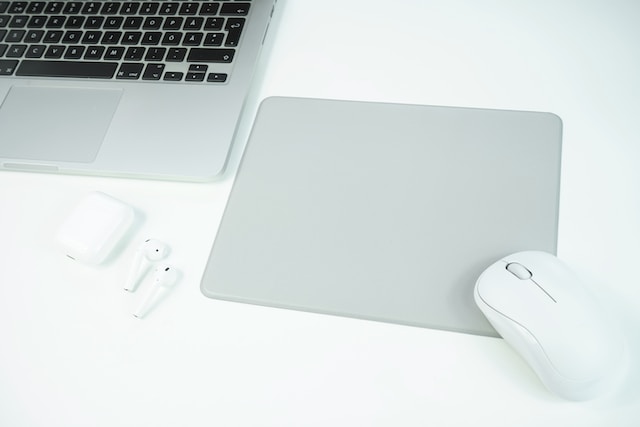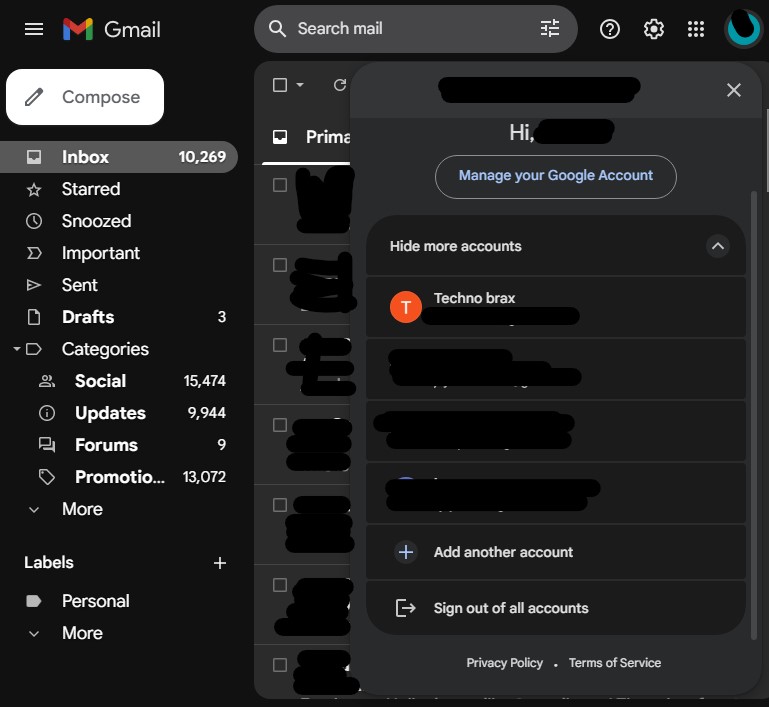How to Protect Your Online Privacy?
Imagine for a moment that you could wave a magic wand and have complete online privacy. No one could track your movements, access your data, or learn anything about you without your permission. Unfortunately, this is not a possibility (at least not yet). But that doesn’t mean you can’t take steps to protect your privacy online. In this article, we’ll share some tips on how to keep your personal data safe and secure.

The Fundamentals of Online Privacy
When it comes to online privacy, there are a few key things to remember.
To start with, your IP address is your digital fingerprint. This is a unique set of numbers that identifies your computer on the internet. So, if you ever want to remain anonymous online, you’ll need to use a proxy or VPN to conceal your IP address.
Secondly, always use strong passwords and change them regularly. The longer and more complex your password is, the more difficult it is for hackers to crack it. And finally, be mindful of the information you share online. Don’t post anything that you wouldn’t want strangers to see—including your home address, phone number, and date of birth.
ALSO READ: Keeping Online Anonymity: How to Become Invisible Online
Types of Malwares and How to Defend Against Them
You installed a new antivirus software but you’re still not feeling safe. What’s going on?
It sounds like you’re worried about malware. Malware is a general term used to describe a variety of malicious software, including viruses, Trojan horses, worms, and ransomware.
And yes, it can be a serious threat to your online privacy and security. But there are steps you can take to defend against it.
First, make sure you have good antivirus software installed on your computer and that it’s up to date. You should also be wary of opening emails from unknown senders, clicking on links, or downloading files from unknown sources.
Be careful about what information you share online and with whom you share it. Only give out your personal information if you trust the person or organization. Use strong passwords and change them regularly. And lastly, back up your data regularly in case of an attack.
ALSO READ: How Does a Virus Infect a Computer?
Best Practices for Staying Safe Online
The best way to protect your online privacy is to be mindful of your activities. Here are some tips for staying safe and secure when using the internet:
- Create strong passwords and keep them secure. Avoid using the same password for multiple accounts and consider using a password manager to help safeguard your credentials.
- Use two-factor authentication (2FA) whenever possible. This can provide an extra layer of security against unauthorized access.
- Be aware of phishing attempts and other forms of malicious attacks. Watch out for suspicious emails or links that could be trying to steal your information.
- Use a Virtual Private Network (VPN), which allows you to protect your data while browsing the web and can also help you stay anonymous online.
- Be selective about what personal information you share online, including on social media sites. Keep in mind that even seemingly innocuous information can be used against you by identity thieves or other malicious actors.
Following these best practices for staying safe online will go a long way toward keeping your data secure and protecting your privacy.
Security Measures for Social Media Accounts
Social media accounts offer a great opportunity to connect with friends and family but unfortunately, they can also be a target for hackers. To stay safe, one of the best things you can do is to turn on two-factor authentication for all your social media accounts. This means that when someone tries to log in to your account, it will send you a text message or email with a unique code that you have to enter before you can access your account.
Another security measure that you can take is to never click on suspicious links in any messages or posts you receive. If the link seems too good to be true, it probably is! Hackers often use phishing tactics that involve making these links look legitimate in order to get people’s personal information and passwords.
ALSO READ: Deleting your Facebook Account
Tips for Protecting Your Children’s Online Privacy
If you have children, it is important to think about their online privacy as well. Start by talking to your kids about the importance of protecting their personal information. Let them know that it is not okay for anyone to ask for their name, age, or address without your permission.
It is also a good idea to establish rules for internet usage in the house. Limit your children’s access to social media sites and set a duration of screen time per day. Also, create separate user accounts on each device that you own and enable parental controls on them. Furthermore, turn off location data settings if not needed and use a VPN when connected to public Wi-Fi networks.
Finally, stay up to date with the latest technology so that you can be aware of any potential privacy risks and how to protect against them. You can also look into tools such as mobile device management software that allows you to monitor your kids’ online activity and keep them safe from scams or hackers.
Conclusion
So, there you have it. Ways in which you can better protect your online privacy. It’s not difficult, but it is important. Remember, your privacy is your right, and you should do everything in your power to protect it.







